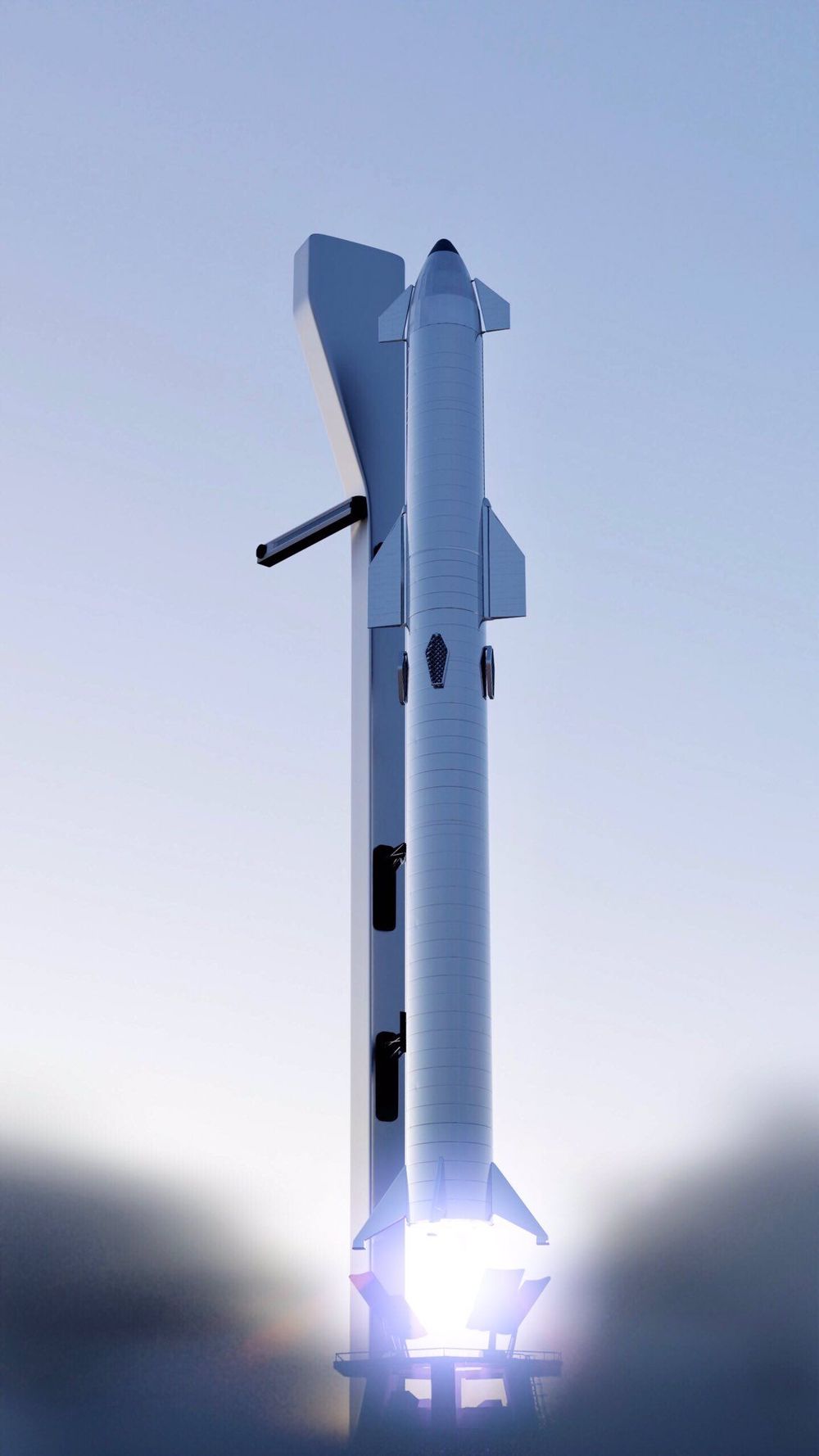What Elon Musk’s 42,000 Starlink satellites could do for — and to — earth.
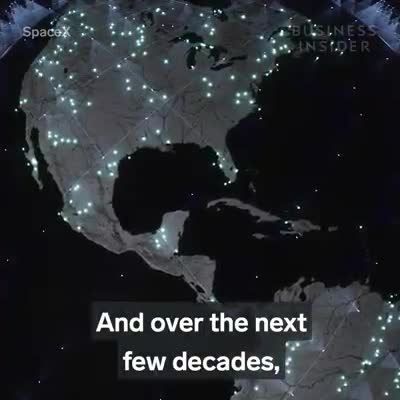

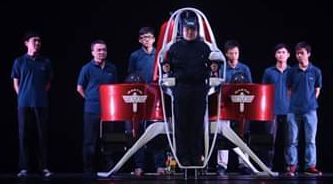
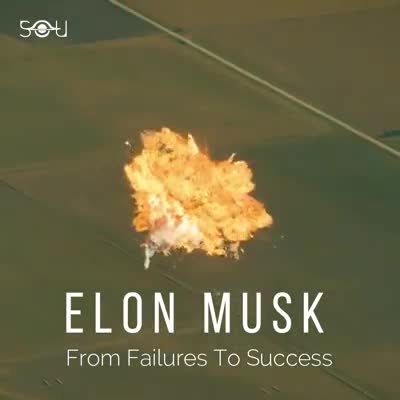
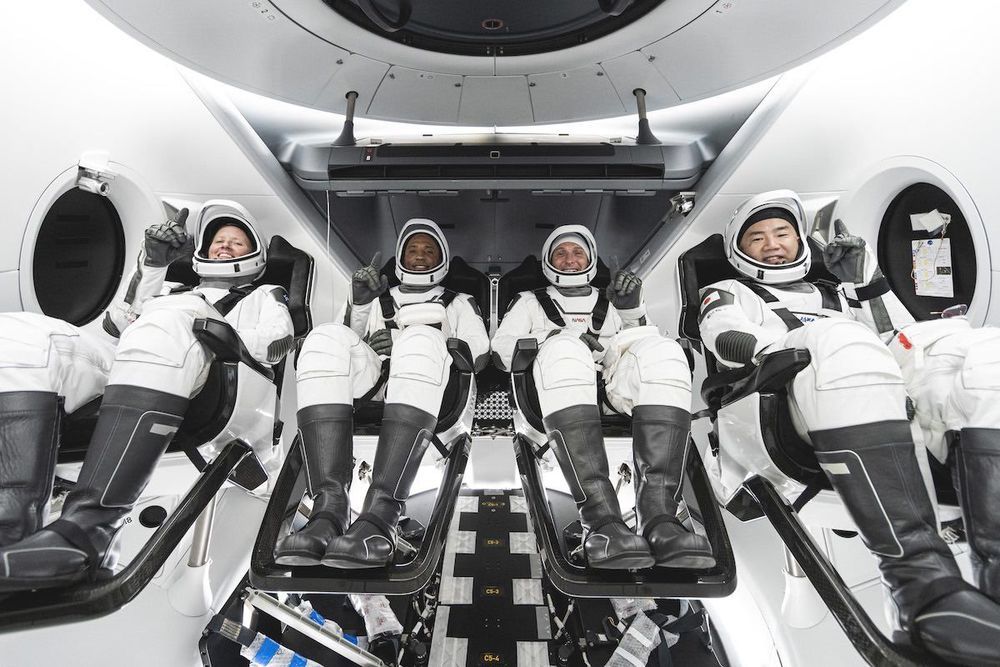
NASA said Saturday that the launch of four astronauts on SpaceX’s first operational Crew Dragon mission to the International Space Station has been delayed from Oct. 31 until “no sooner than early-to-mid November,” allowing time for SpaceX to resolve an issue with Falcon 9 rocket engines that halted a recent launch attempt with a GPS navigation satellite.
The engine concern appeared during an Oct. 2 launch attempt of a Falcon 9 rocket with a GPS satellite at Cape Canaveral, prompting computers controlling the final seconds of the countdown to abort the mission just two seconds prior to liftoff.
Elon Musk, SpaceX’s founder and CEO, tweeted after the abort that the countdown was stopped after an “unexpected pressure rise in the turbomachinery gas generator,” referring to equipment used on the rocket’s Merlin main engines. The gas generators on the Merlin 1D engines drives the engines’ turbopumps.

Elon Musk’s company SpaceX has given emergency responders in Washington access to its Starlink satellites to help fight fires.
Through the satellite-based internet constellation Starlink, SpaceX plans to provide broadband internet across the globe and enable connectivity to billions of people who may not have reliable internet access.
SpaceX has already launched hundreds of satellites into orbit, though the firefighters’ use of the network is the first early application of the internet service to be disclosed.
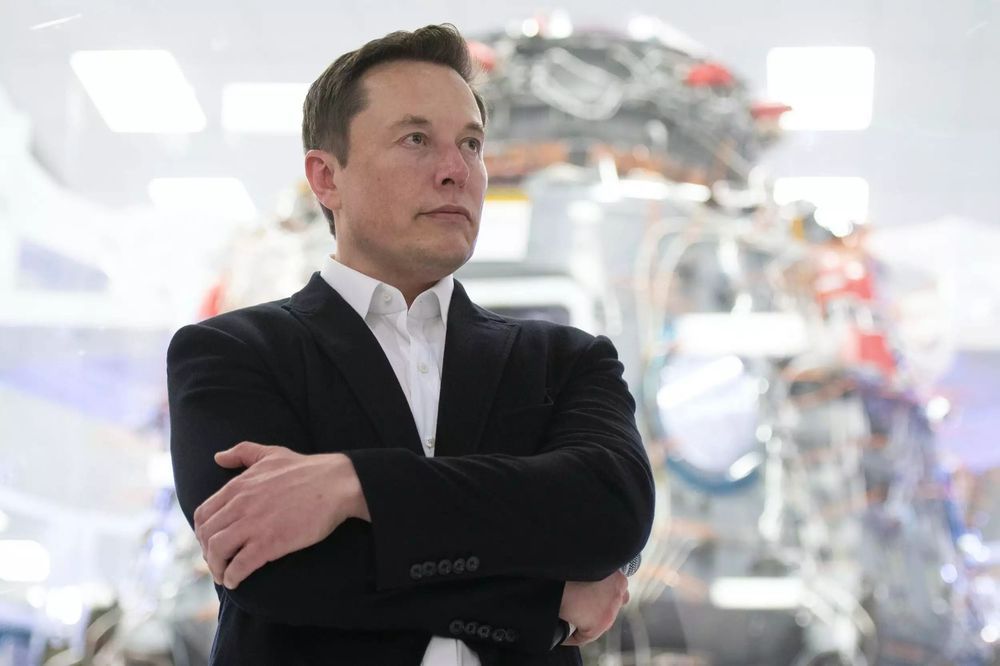



The private space firm hopes to eventually launch tens of thousands of Starlink satellites to create a constellation capable of beaming high-speed broadband down to 99 per cent of the inhabited world.
“Once these satellites reach their target position, we will be able to roll out a fairly wide public beta in northern US and hopefully southern Canada,” Musk tweeted following the launch.
“Other countries to follow as soon as we receive regulatory approval.”
